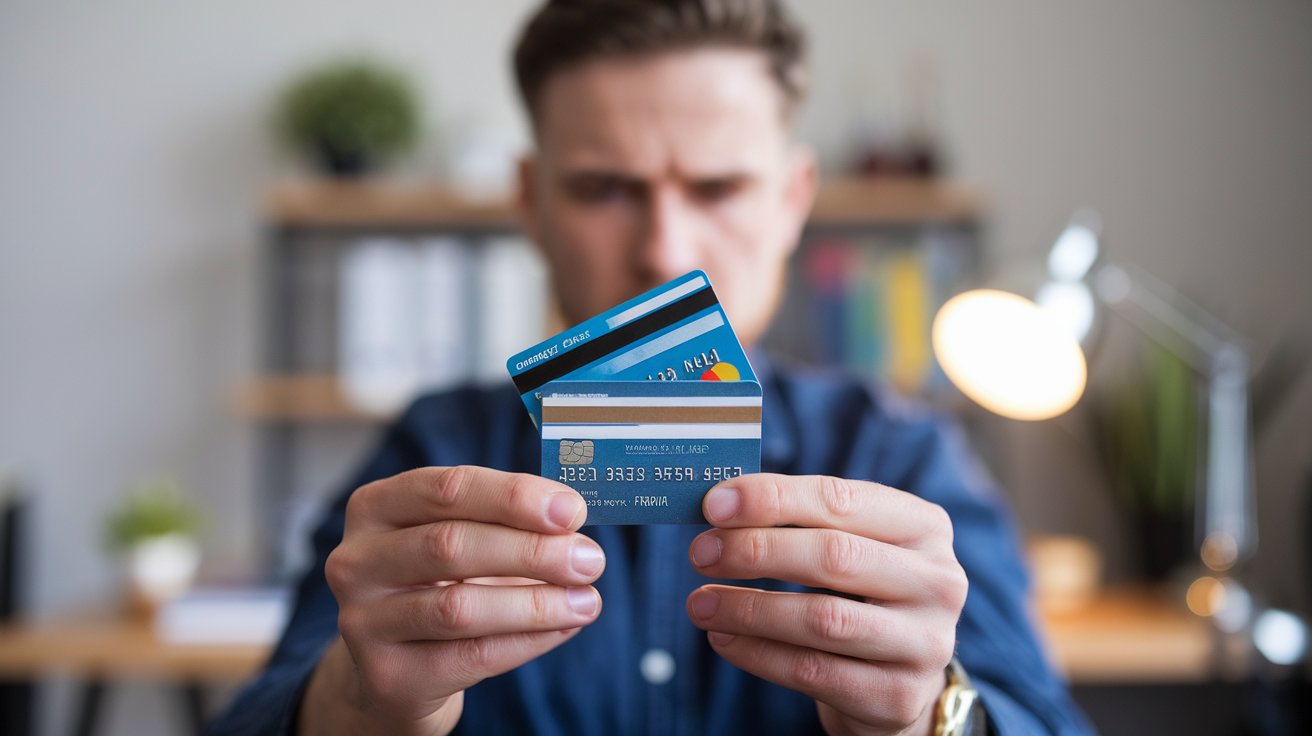
Having bad credit doesn’t mean you’re locked out of the credit card market. In fact, the right credit card can be a powerful tool for rebuilding your credit score when used responsibly. Here’s a comprehensive guide to help you find the best credit cards for bad credit and strategies to improve your creditworthiness.
Secured Credit Cards: Your First Step to Credit Recovery
Secured credit cards are often the most accessible option for people with bad credit. These cards require a security deposit that typically becomes your credit limit. While this might seem like a drawback, secured cards report to all three major credit bureaus, helping you build credit history with responsible use.
The Capital One Platinum Secured Card stands out in this category. It offers a potentially lower security deposit for qualifying applicants and the opportunity to get your deposit back through responsible card use. There’s no annual fee, and you can access a higher credit limit after making your first six monthly payments on time.
Store Credit Cards: An Alternative Path
Retail store credit cards often have more lenient credit requirements. The Target RedCard and Amazon Store Card are popular choices that offer immediate shopping benefits. However, be cautious of their high APRs and limited usability outside their respective stores.
Student Credit Cards: Perfect for Young Adults
If you’re a student with limited credit history, student credit cards offer a great starting point. The Discover it Student Cash Back card provides rewards and forgiveness for your first late payment, making it an excellent learning tool for credit management.
Credit-Building Features to Look For
When selecting a credit card for bad credit, prioritize these features:
Monthly Credit Bureau Reporting: Ensure the card reports to all three major credit bureaus (Equifax, Experian, and TransUnion).
Credit Score Monitoring: Many cards now offer free credit score access and monitoring tools.
Graduation Programs: Look for cards that allow you to graduate to an unsecured card with responsible use.
Reasonable Fees: While some fees are expected with bad credit cards, avoid excessive charges that could set back your financial progress.
Tips for Maximizing Credit Building
Pay On Time, Every Time: Payment history accounts for 35% of your FICO score. Set up automatic payments to never miss a due date.
Keep Utilization Low: Try to use less than 30% of your available credit limit.
Monitor Your Progress: Take advantage of free credit monitoring tools to track your improvement.
Be Patient: Credit building takes time. Expect to see meaningful improvements within 6-12 months of responsible card use.
Common Mistakes to Avoid
Applying for Multiple Cards: Each application typically results in a hard inquiry on your credit report. Space out applications by at least six months.
Maxing Out Your Card: High credit utilization can hurt your score and make it harder to make payments.
Closing Old Accounts: Length of credit history matters. Keep old accounts open, even if you’re not using them frequently.
Looking Ahead: Graduating to Better Cards
As your credit improves, you’ll qualify for cards with better terms and rewards. Most issuers review accounts periodically for credit line increases or upgrades to better products. Keep your credit utilization low and make consistent on-time payments to speed up this process.
The Importance of Financial Education
Many credit card issuers now offer free financial education resources. Take advantage of these tools to learn about budgeting, debt management, and credit building strategies. The more you understand about personal finance, the better equipped you’ll be to make informed decisions about your credit use.
Building Credit Beyond Credit Cards
While credit cards are excellent tools for rebuilding credit, consider complementing them with other credit-building products:
Credit-Builder Loans: These installment loans help diversify your credit mix.
Becoming an Authorized User: Ask a family member with good credit to add you as an authorized user on their card.
Rent Reporting Services: Some services report your rent payments to credit bureaus, helping build your credit history.
FAQ
Q: How long will it take to improve my credit score with a new credit card?
A: With consistent on-time payments and low credit utilization, you may see improvements in your credit score within 3-6 months. However, significant improvements typically take 12-24 months of responsible credit use. Factors like previous credit history and current credit issues will affect this timeline.
Q: Should I close my secured credit card once I qualify for an unsecured card?
A: Generally, it’s better to keep your secured card open, especially if it has no annual fee. Length of credit history impacts your credit score, and keeping older accounts active can benefit your credit profile. If you want to get your security deposit back, ask the issuer about graduating to an unsecured card rather than closing the account entirely.

Leave a Reply